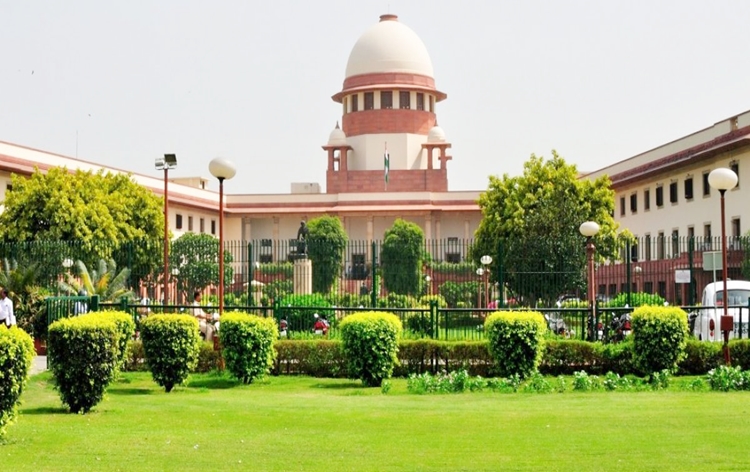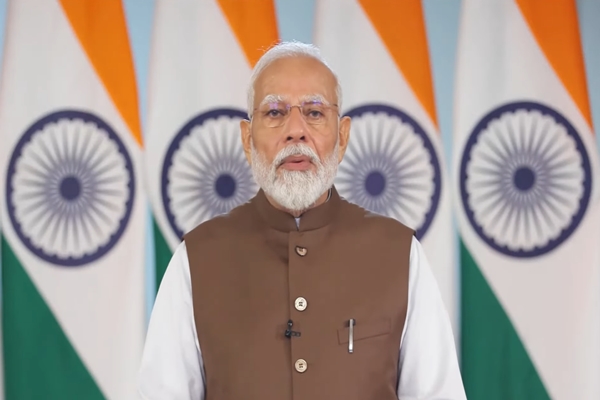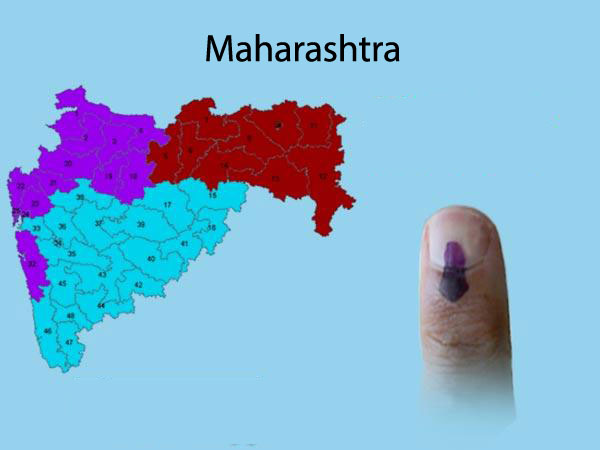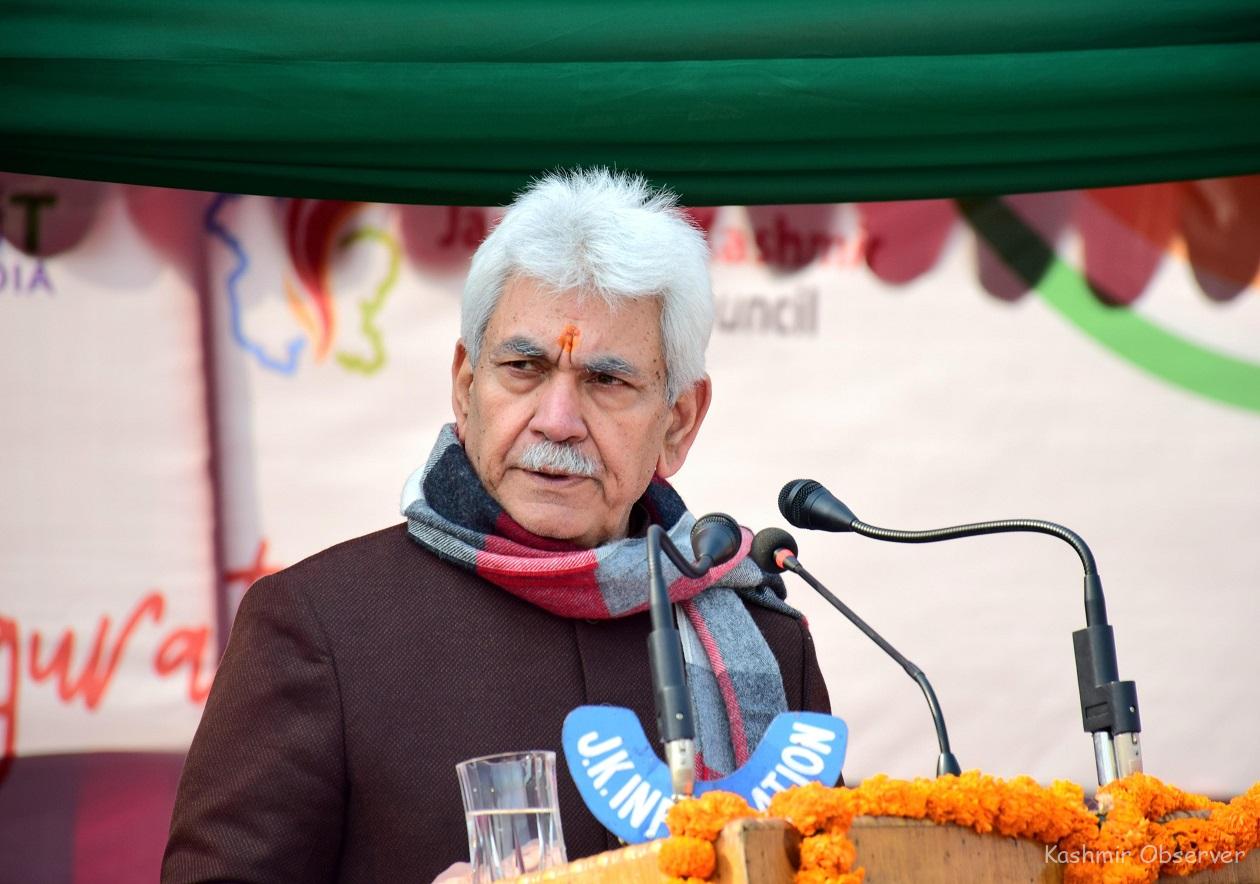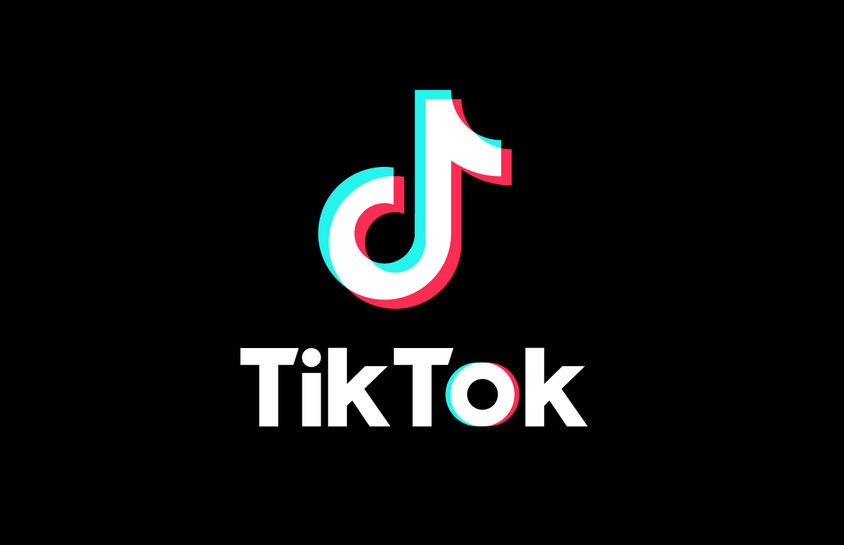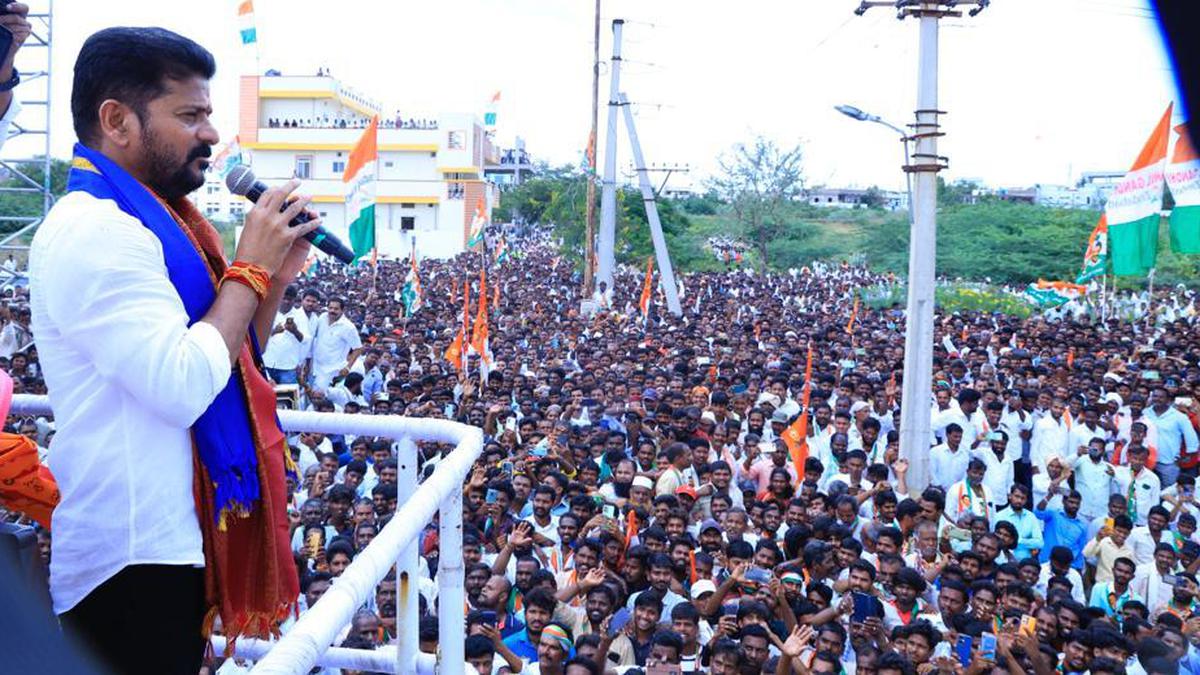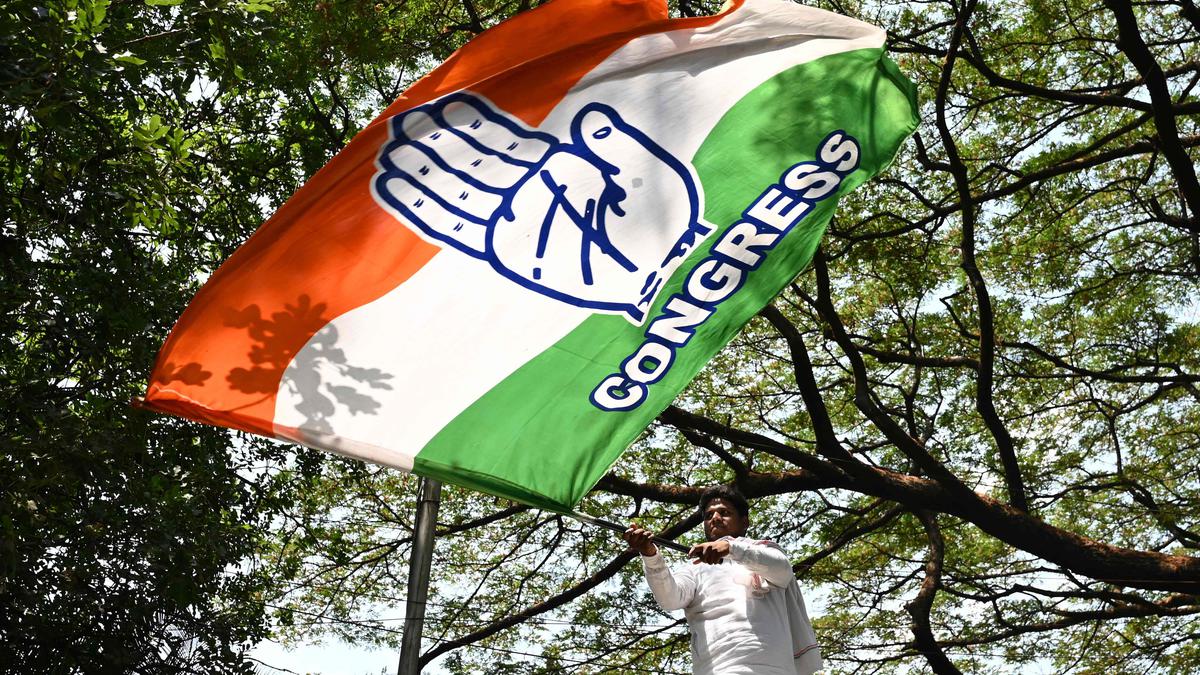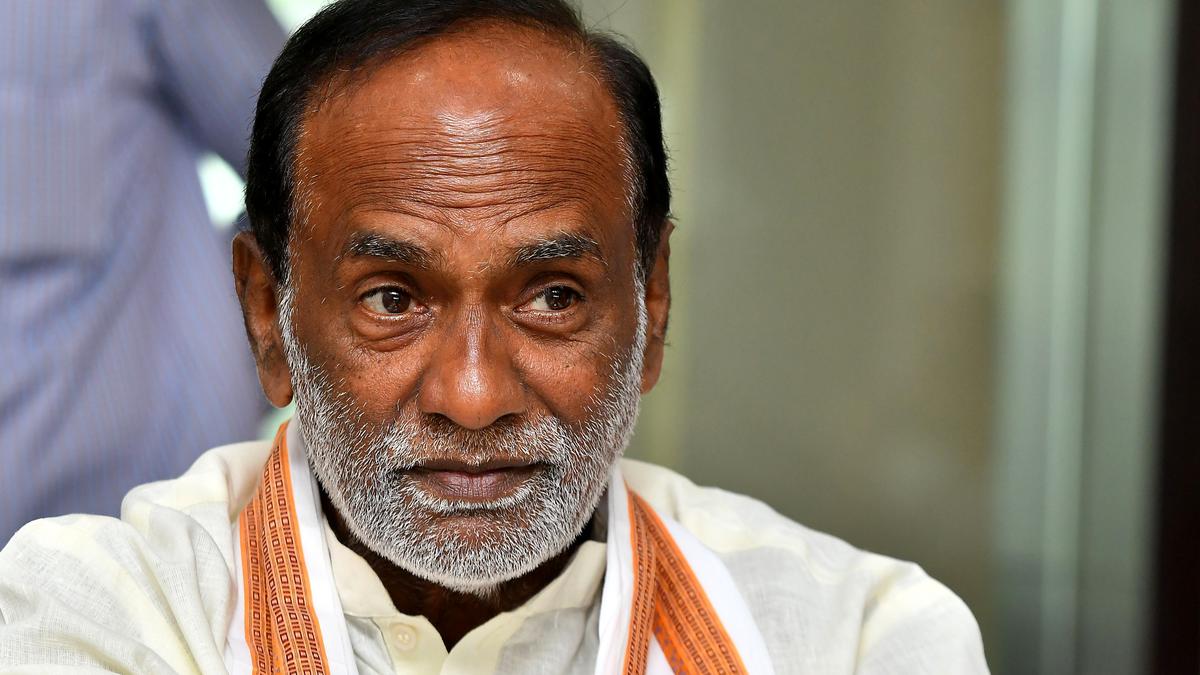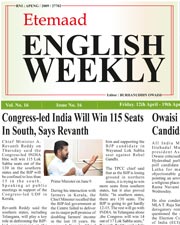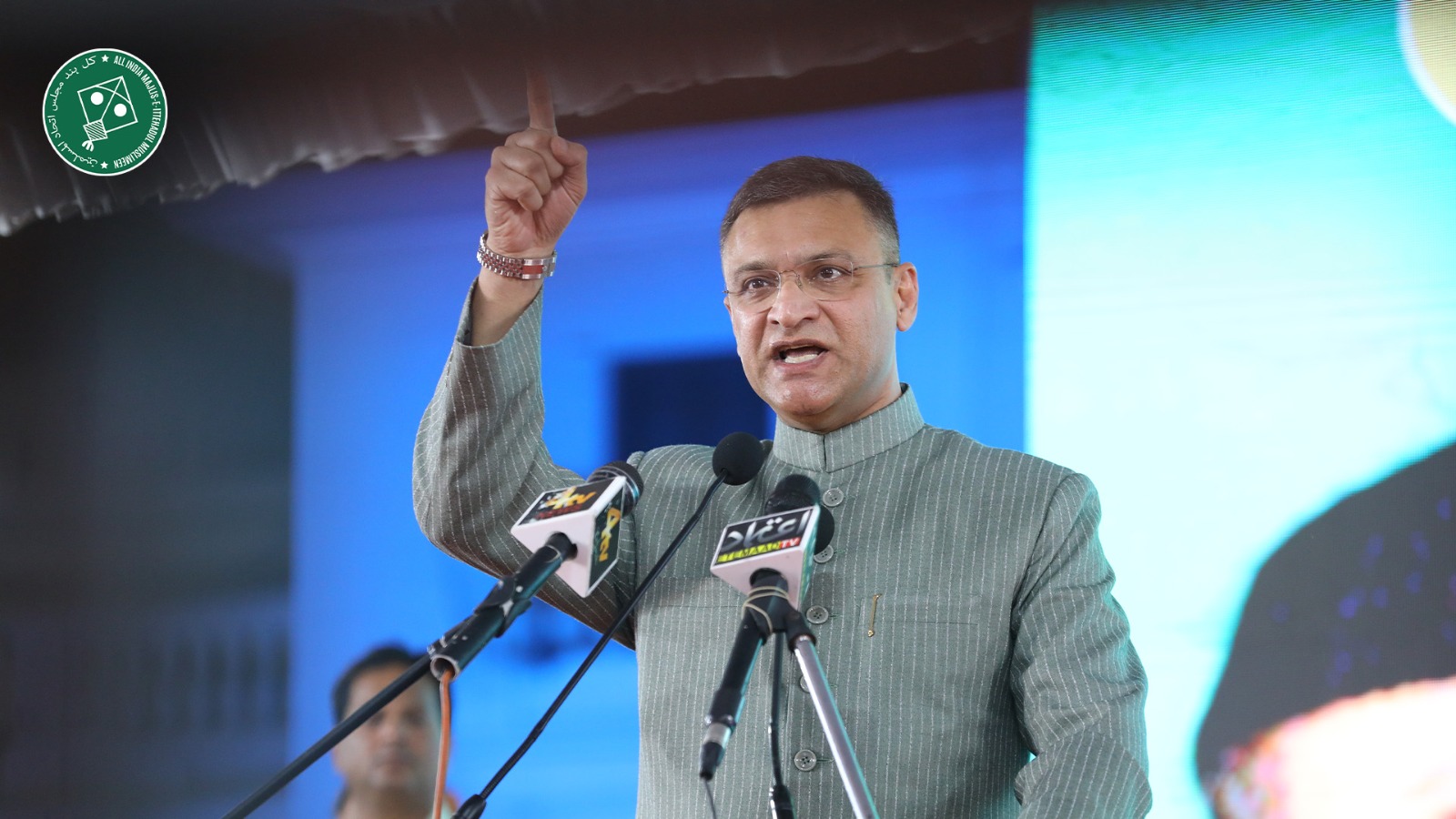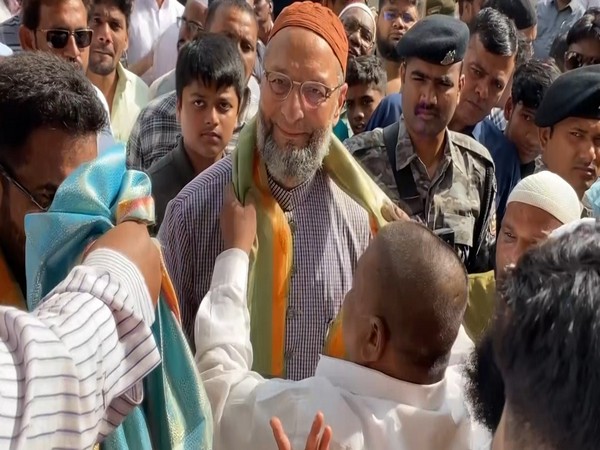Ban of Online Info on Sex Determination Flouts Right to Know: Govt
Tue 11 Apr 2017, 23:26:56

Attorney General Mukul Rohatgi on Tuesday told the Supreme Court that the right to know is a fundamental right, and it cannot be curtailed by banning information on the internet.
His response came after the apex court asked him to assist in a matter related to banning of pre-natal sex determination advertisements and content on the internet.
There is a distinction between information and advertisement. A person, out of curiosity, wants to know or study something. The right to know is a fundamental right and we cannot curtail it.
Advocate Binu Tamta, appearing for Centre, said that it is difficult to control or supervise the content on the internet, but the stand of the other side is that there should be no advertising.
Internet majors, Microsoft and
Google, told the bench that they cannot block the information on the information expressway, but they can certainly block the advertisements with regard to pre-natal sex determination under the Pre-Natal Diagnostic Techniques (PNDT) Act.
Google, told the bench that they cannot block the information on the information expressway, but they can certainly block the advertisements with regard to pre-natal sex determination under the Pre-Natal Diagnostic Techniques (PNDT) Act.
The counsel for Google said it will comply with the apex court's direction by removing advertisements based on terms linked to gender selection tests, but cannot delete the contents with regard to research materials or medical journals.
The Internet majors said that if the content with regard to pre-natal sex determination is blocked, then entire research materials or journals will get blocked.
The bench asked the parties to submit their written submissions and posted the matter for detailed hearing to 13 April.
No Comments For This Post, Be first to write a Comment.
Most viewed from National
Most viewed from World
AIMIM News
Asaduddin Owaisi files nomination papers on Friday
Apr 20, 2024
Owaisi Begins Election Campaign in Hyderabad
Apr 13, 2024
Bring back Indian workers in Israel: Owaisi
Apr 13, 2024
Latest Urdu News
Most Viewed
May 26, 2020
Do you think Ruturaj Gaikwad would be a good captain for Chennai Super Kings?
Latest Videos View All
Like Us
Home
About Us
Advertise With Us
All Polls
Epaper Archives
Privacy Policy
Contact Us
Download Etemaad App
© 2024 Etemaad Daily News, All Rights Reserved.






